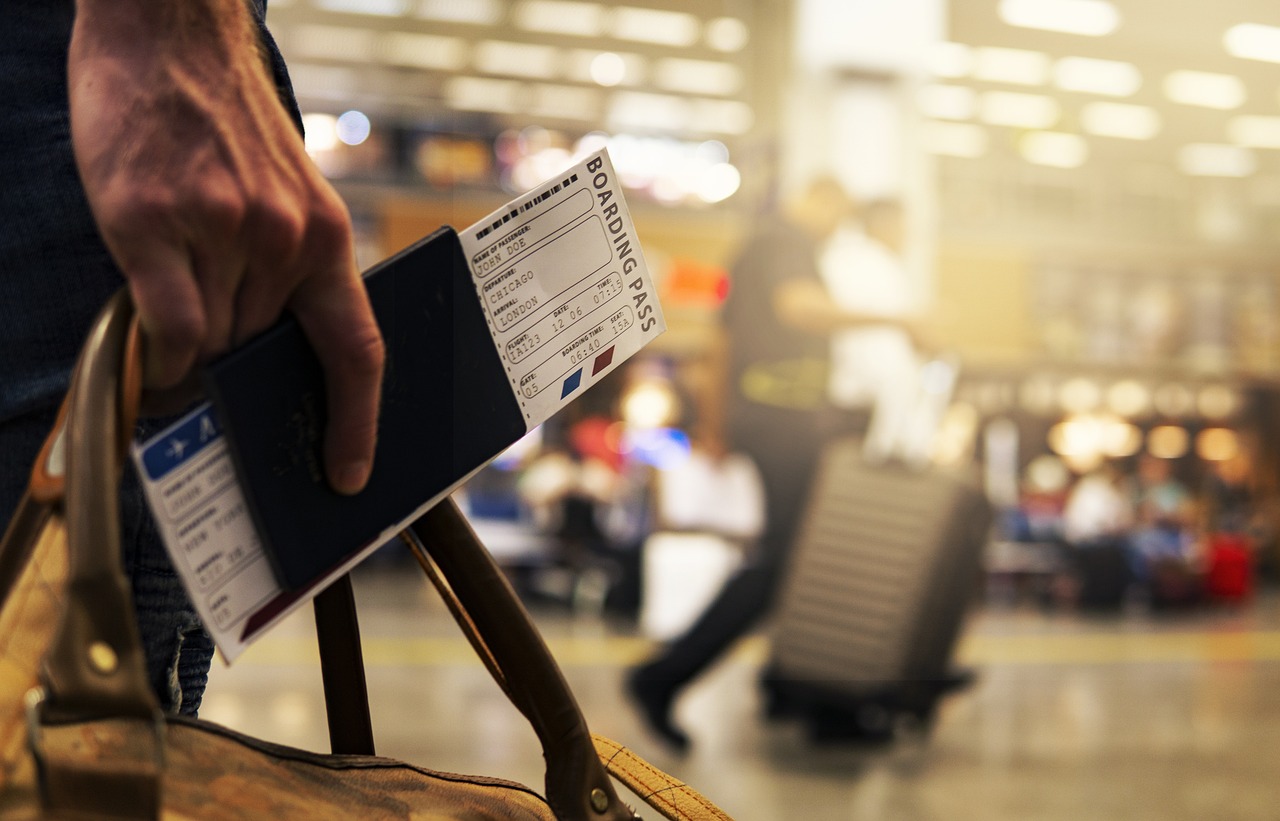
Voice biometrics is not only for banks. Development prospects
Voice biometrics technologies are already so developed that literally a dozen or so seconds of speech are enough for the system to recognize whether the person who wants to authenticate is who he claims to be. More and more perfect biometric systems, including voice recognition and synthesis, begin to gain in value every year in the context of their common applications. More and more research is being conducted on the development of biometric technologies. The forecasted biometrics market, according to "Biometric System Market in the Global Forecast to 2022 report", last year reached USD 32.5 billion and we can expect its further growth. The premise for this is, for example, the latest agenda of the US Government, which encourages investment in modern solutions of identity verification based on biometrics. The main reason is the security and availability that these solutions can offer.
It is not without reason that biometric solutions, mainly based on a fingerprint, face or iris scanning, were the first to be used in financial institutions to confirm identity. We are talking about logging in to the mobile application or the recently introduced authorization of payments using fingerprints (biometric card implemented by Bank Pocztowy). Some banks, in accordance with the latest trends, are becoming more and more interested in voice biometrics. Trust in voice authentication is growing. The research shows that 50% of the society is convinced of this form of authorization. There are tests and first implementations (Bank Zachodni WBK, present Santander). Voice biometrics convinces with a high level of security and the possibility of using it in remote channels, without access to the office. It is these two factors that may determine the use of voice biometrics for payment authorization in the near future. This is confirmed by experts from EY, who claim that the universality of voice payments will depend on the readiness of technology and measures ensuring 100% security and privacy.
Is voice biometrics reserved only for banks? Well, nothing could be more wrong. More and more institutions and companies from the trade, health, property protection and even media sectors will decide to implement voice biometric systems. Being modern, using the latest trends and available technologies based on neural networks is not only a privilege but a necessity in building a competitive offer, gaining and retaining customers. The spread of remote channels and new forms of online service, such as v-commerce (voice shopping), are additional factors driving the development of voice biometrics. Guarantee of security of this type of solutions, availability and at the same time naturalness of use and convenience mean that investments in services based on voice biometrics can only pay off.
Orange and T-Mobile telecoms know this, as they were the first in Poland to implement voice technology on hotlines, focusing on comfort and significantly reducing service costs. The voice authentication of the orange operator is used by tens of thousands of individual customers. The Turkish operator Turkcell can also boast of implementation on a larger scale, reaching several million users.
Emirates with the advent of the pandemic at Dubai Airport introduced smart, contactless airport experience based on facial and iris recognition technology. This is how Emirates passengers can check in before their flight, complete immigration formalities, access the lounge and board the aircraft. Biometric boarding based on facial recognition has also been used by Brazilian carriers GOL and LATAM for almost a year at 3 airports in Sao Paulo, Rio de Janeiro and Santos Dumont. The implementation of voice biometrics in this area seems to be only a matter of time.
Airports are one of the places that, due to the service of a huge number of passengers, will strive to automate the service process and implement more and more modern ways of fast, safe and convenient service for passengers - the combination of face or iris scanning technology with the unique feature of the voice can significantly improve the passenger experience. Voice as a non-contact form of authorization has a chance to work best here.
Voice biometrics can also come to quite unusual industries, such as the hotel industry or gastronomy. Due to the growing labor costs of economy hotels in connection with the reduction of the human factor as well as the growing trend of spontaneous travel, remote forms of self-service (self-check-in technologies) will become more and more popular. It is therefore possible that in a few or a dozen or so years, the guest will check in using a smartphone and open the hotel door with her voice.
Advanced voice biometrics systems are also an excellent "weapon" to fight online abuses based on voice, effectively preventing its theft. The emerging algorithms are already able to distinguish an artificial voice from a real one with almost 100% certainty.
In fact, it can be said that voice biometrics will eventually appear in every aspect of our lives. because speech is the most natural mechanism of communication between people. It is estimated that the global voice biometrics market will increase even 3 times by 2024.
sources: newseria.pl, ryneklotniczy.pl, spiderweb.pl, infowire.pl, own studies
Udostępnij artykuł
